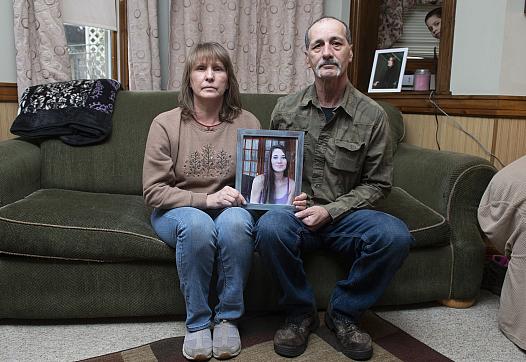
Binghui Huang wrote this series as a project of the National Health Journalism Fellowship, a program of the University of Southern California's Annenberg School of Journalism.

Binghui Huang wrote this series as a project of the National Health Journalism Fellowship, a program of the University of Southern California's Annenberg School of Journalism.
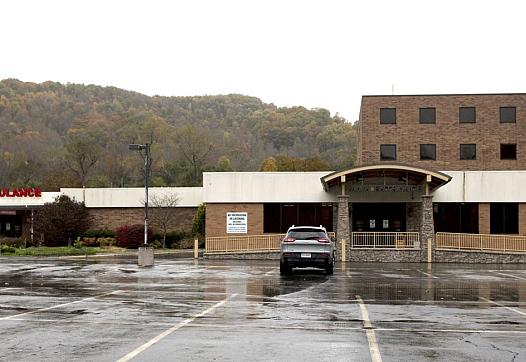
This story was reported with the support of the Dennis A. Hunt Fund for Health Journalism, a program of the University of Southern California Center for Health Journalism.
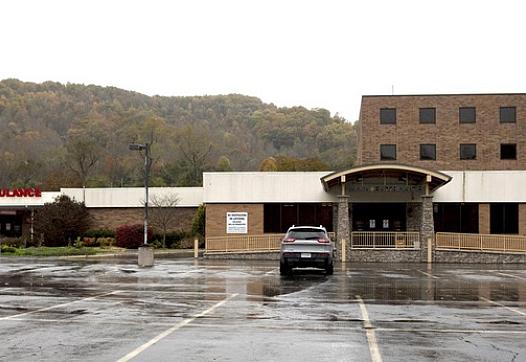
The region is the go-to place for helicopter reporting on poverty. But we wanted to provide more than snapshots and to tell stories that also show the resilience and innovation arising from this region.

The San Francisco Unified School District troubled history has plenty to teach us about what is and isn’t working for black students with special needs today.
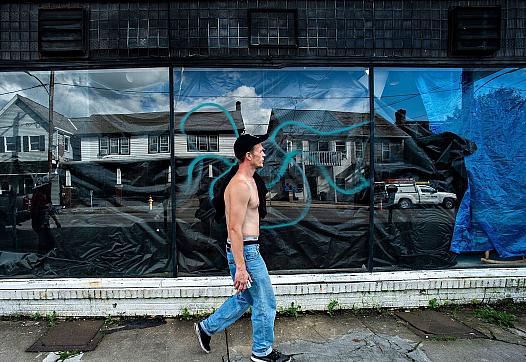
Binghui Huang wrote this series as a project of the National Health Journalism Fellowship, a program of the University of Southern California's Annenberg School of Journalism.
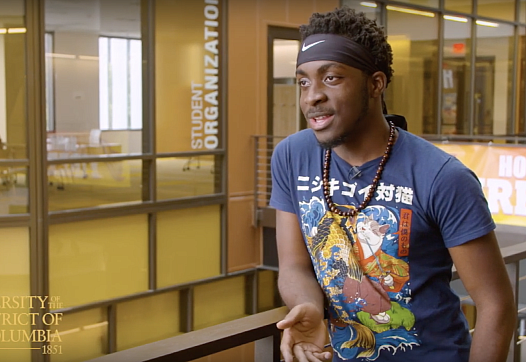
This video was produced as a project supported by the Fund for Journalism on Child Well-Being, a program of the University of Southern California Annenberg Center for Health Journalism.

Some of San Francisco’s African-American families have attended public schools in the city for three generations. Here they share their experiences.
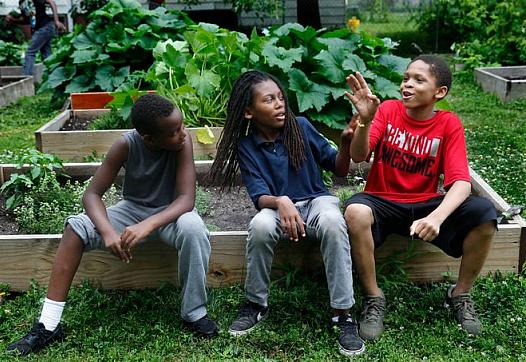
James Causey returned to his old neighborhood in Milwaukee to take a sustained look at how young people are impacted by trauma, and how a community garden is trying to buffer against that damage.

Binghui Huang wrote this series as a project of the National Health Journalism Fellowship, a program of the University of Southern California's Annenberg School of Journalism.
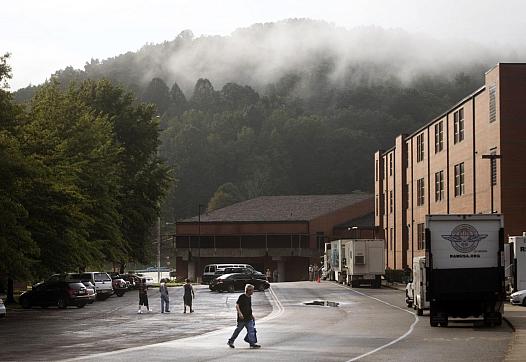
This story was reported with the support of the Dennis A. Hunt Fund for Health Journalism, a program of the University of Southern California Center for Health Journalism.